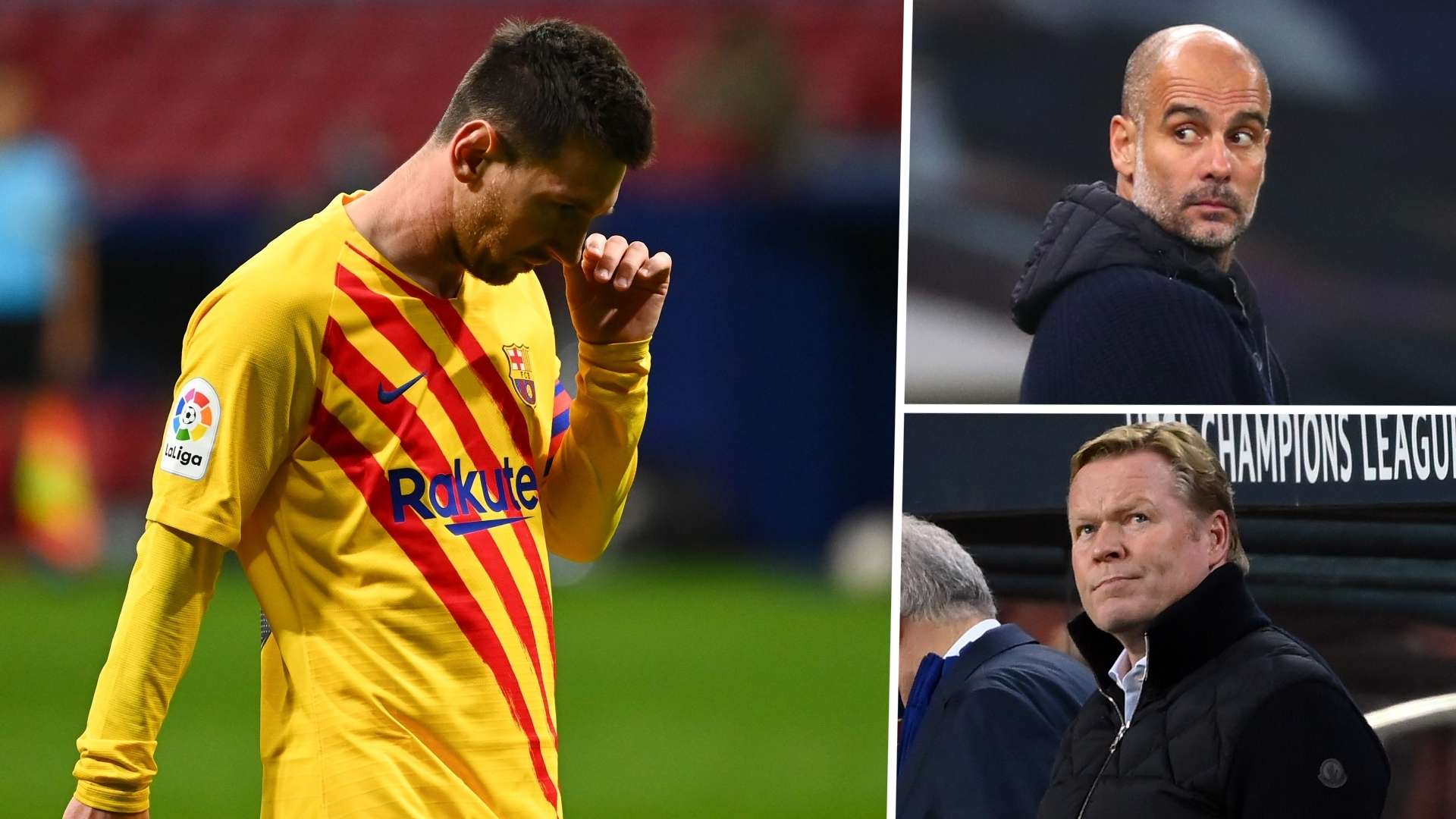Barcelona got a glimpse of a future without Lionel Messi on Tuesday night. It wasn't all that grim.
A team made up of reserves and youngsters, including three debutants, trounced Dynamo Kiev 4-0 in Ukraine to secure a place in the last 16 of the Champions League.
However, there was a reason why coach Ronald Koeman felt he could rest not only Messi but several first-team regulars: Barca were going up against a side with one win in their 11 previous tournament outings.
The Catalans faced a true test of their quality against Atletico Madrid last weekend and failed it miserably, losing 1-0 at the Wanda Metropolitano.
It was the first time they had been beaten in La Liga by the Rojiblancos since 2010 but it wasn't just the result which was unusual.
Next Match
Messi was uncharacteristically quiet. At best, he looked lost. At worst, utterly disinterested. He didn't even speak to the press afterwards, with it falling on poor Pedri to face the cameras immediately after the full-time whistle.
So, what chance is there of Messi deciding to extend a contract that expires next summer? He told Goal that he wanted to leave Barcelona during the summer because he was disillusioned with the way the club was being run.
Plenty has now changed in the intervening months, with president Josep Maria Bartomeu forced to resign, but have recent events boosted Barca's hopes of holding on to their best player – or diminished them?
Below, we run through the factors likely to determine Messi's next move...
Guardiola's new Man City contract
Pep Guardiola's decision to extend his stay at Manchester City surprised many in Barcelona.
After all, when the Catalan quit Camp Nou in 2012, he explained, "The main reason I have taken this decision is because four years is many years. I have given everything and I have nothing left. I need to recharge my batteries."
True to his word, Guardiola promptly took a year off before spending three seasons at Bayern Munich between 2013 and 2016. It was thought that he would spend a similar period of time at City.
However, he has now committed to a seven-year stay at the Etihad, which is bad news for Barca, for two reasons.
Firstly, there was mounting hope that Guardiola could be persuaded to return to Camp Nou next summer, either as coach or as part of a new project with former charge Xavi on the bench.
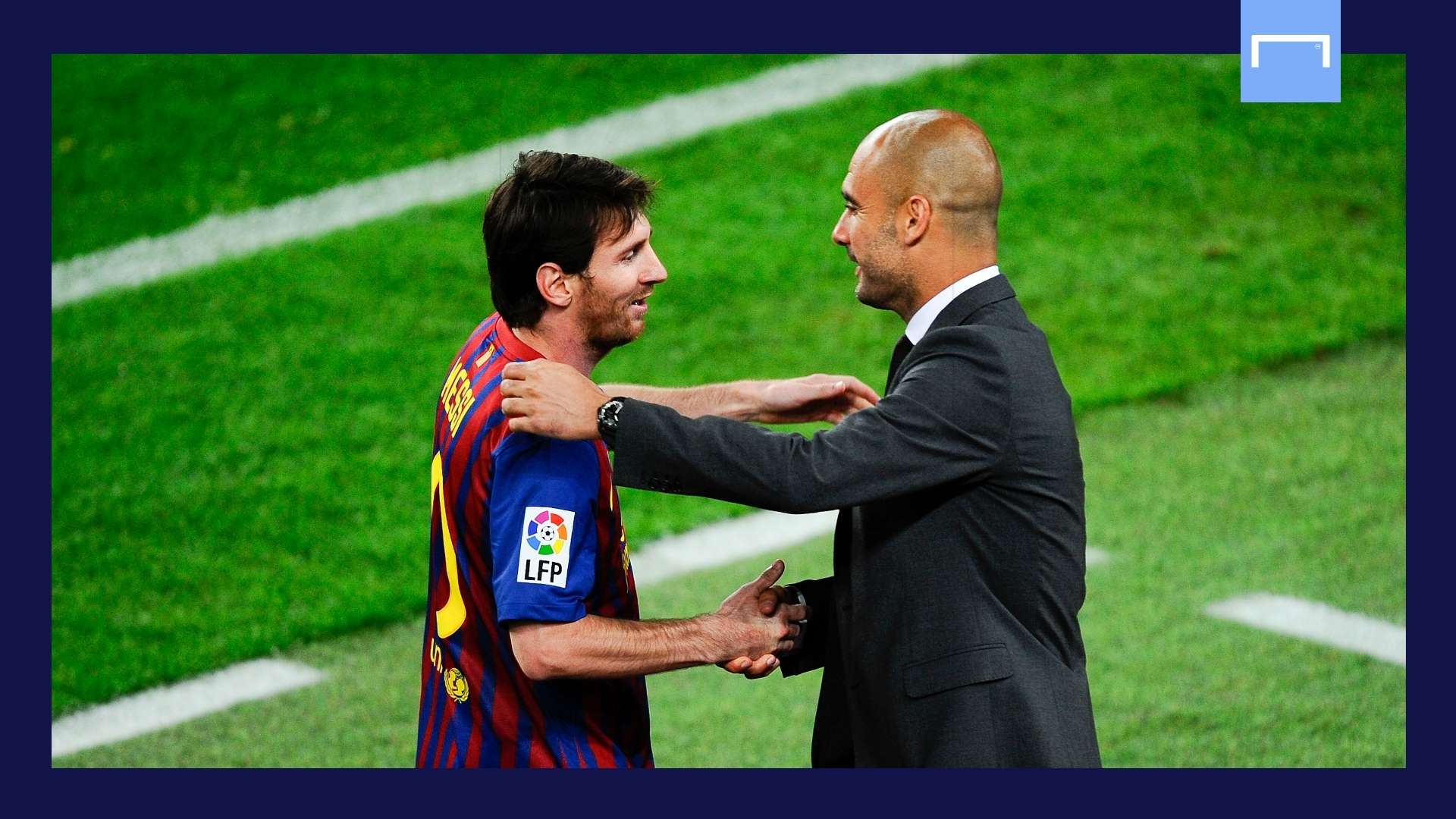 Getty/Goal
Getty/Goal
After penning his two-year extension, Guardiola once again stated his desire to see the Argentine finish his career at Barca. However, he tellingly refused to rule out a reunion should Messi still want to "look for new goals and new challenges" elsewhere.
"Leo finishes this year his contract and I don't know what's going to happen in his mind," the City boss told reporters. "Right now, he is a Barcelona player and the transfer market will be in June and July."
It's quite clear that City would not pass up an opportunity to reunite the pair, even if the 33-year-old Messi is no longer as dynamic a player as he was during Guardiola's time in charge in Catalunya.
There would be obvious tactical issues to resolve, given Messi's propensity for walking through games before exploding into life, while the attacker's enormous wage demands could also prove problematic.
The whole operation, though, is now a whole lot more attractive for City given there would be no transfer fee involved if Messi decides to walk away at the end of the season.
Barcelona's dire financial problems
Losing the best player in the world for nothing would obviously be a hammer blow for Barca, particularly given their desperate financial situation. They need all the money they can get right now. Still, Messi's departure would, at least, go some way towards lowering their wage bill.
Barca need to save an estimated €190 million (£170m/$225m) in salaries by the end of the season to meet La Liga's budgetary requirements – in reality, this needs to be done sooner to avoid exacerbating the problem – and their No.10 is currently earning an estimated €565,000 (£500k/$610k) a week.
Given Messi is unlikely to accept a massive pay cut in his next contract, retaining the services of the biggest earner in world football could hardly be considered an attractive proposition for the next president, who will need to drastically reduce expenditure.
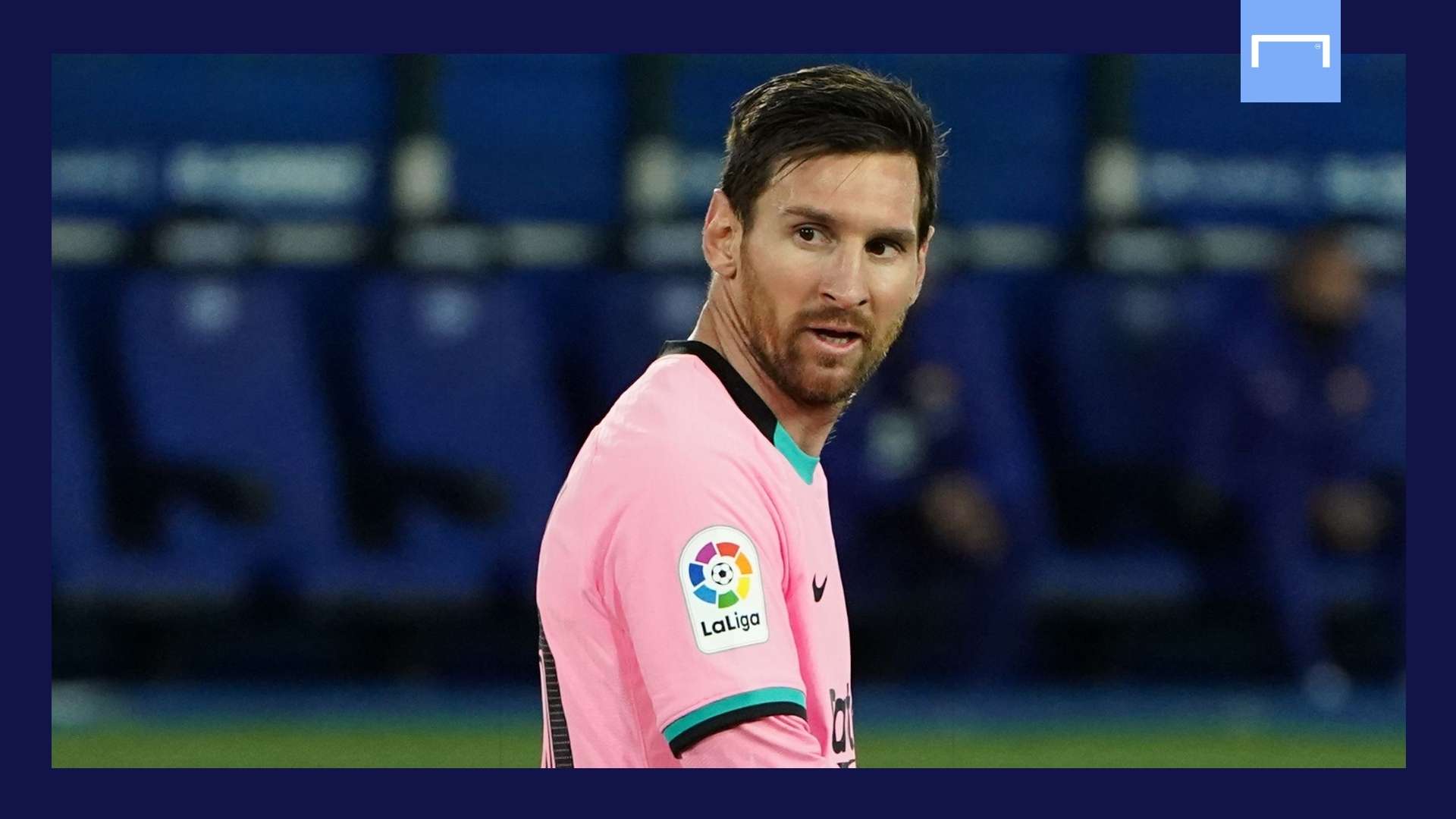 Getty Images
Getty Images
It is hardly surprising, then, that there is mounting speculation that several candidates feel that Messi's exit might be an unfortunate necessity. This belief could also explain the anti-Messi agenda that has emerged recently in the Catalan press, which the player himself has already picked up on.
"I'm tired of always being everyone's problem at the club," Messi stated after returning from international duty last week to be greeted not only by reporters keen to grill him about his relationship with Antoine Griezmann, but also a tax inspector seeking documentation.
All in all, it feels as if moves are being made behind the scenes to portray the potential loss of the six-time Ballon d'Or winner in a more favourable light.
Barcelona's presidential election
Of course, nobody wants to be the man that loses Messi, which is why former president Bartomeu refused to let him go during the summer.
All of his potential successors are publicly promising to convince Messi to stay and, in an ideal world, they would build a new, winning project around the club’s all-time leading goalscorer.
However, whoever triumphs in the election on January 24 will be severely restricted by the cost-cutting measures. The next president will be up against it right from the off, too, as they will only have seven days to make any transfers before the winter window closes on February 1.
Of course, there is an acceptance that Barca's hands are tied in terms of major signings – they can't even afford Memphis Depay, let alone Lautaro Martinez – but it is imperative that they strengthen a defence rocked by last weekend's injuries to Sergi Roberto and Gerard Pique.
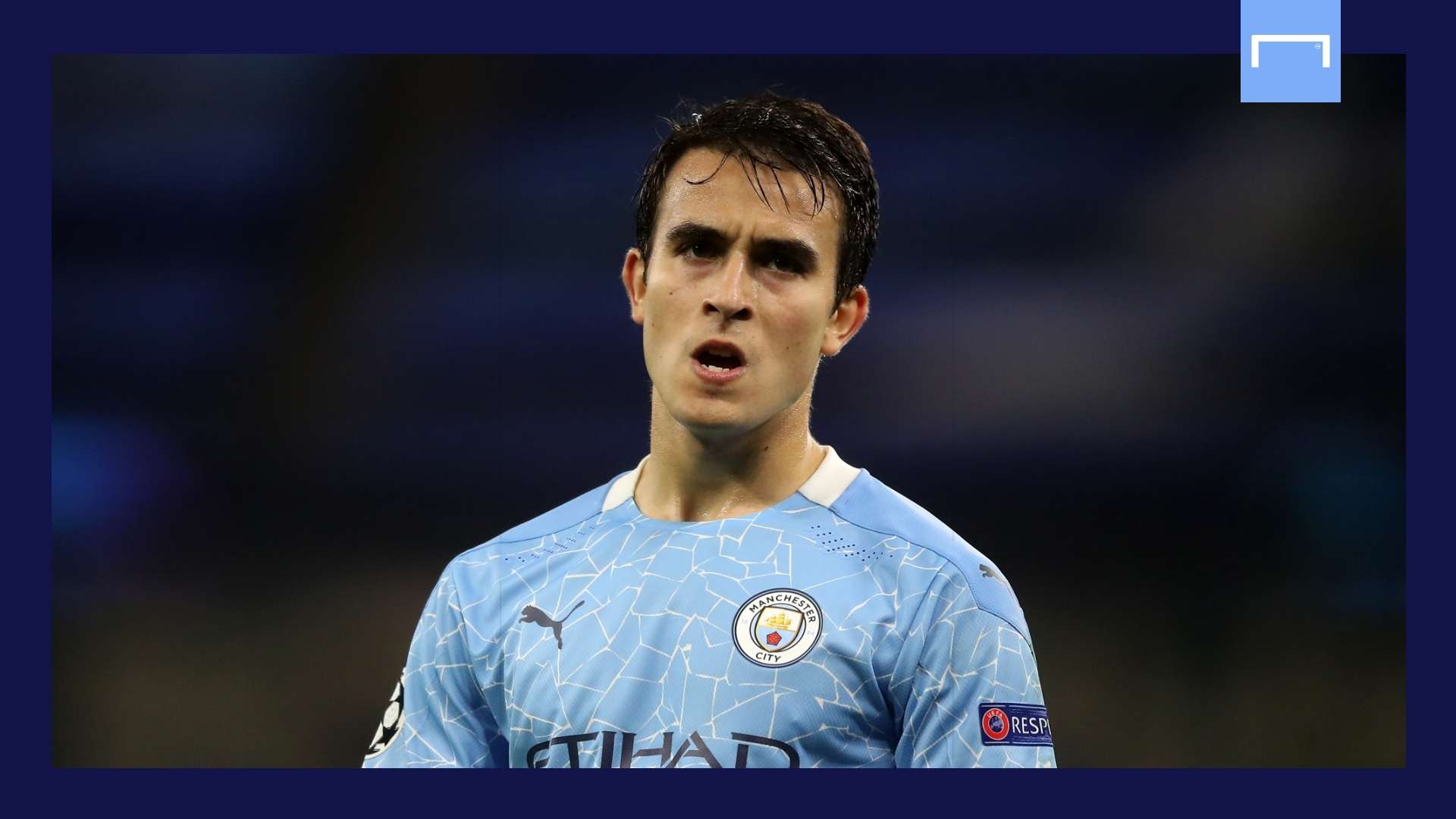 Getty/Goal
Getty/Goal
Ronald Koeman's squad is particularly short at centre-back and Goal understands that the acquisition of City's Eric Garcia is Barca's priority in January – not resolving Messi's future.
Indeed, it is worth remembering that Messi is free to sign a pre-contract agreement from January 1 – more than three weeks before the election, meaning the skipper's exit might be confirmed even before the new president takes over.
In such a scenario, the blame for Messi's departure could be completely pinned on Bartomeu. But that would be an option even if he decides to leave when his contract expires next summer.
After all, we're only in this situation because Messi lost all faith in Bartomeu, who dismantled a Champions League-winning squad by squandering millions on sub-standard or unsuitable players, all the while stumbling from one public relations disaster to another.
"The truth is that there has been no project or anything for a long time," Messi told Goal in September. "They juggle and cover holes as things go by."
The new president, then, will have to immediately convince Messi that Barcelona will start winning again – and right away. That will take some doing, though, given Barca will have little money to spend next summer, thus attaching even greater significance than usual to the role of the coach.
Koeman versus Xavi
There is no evidence to suggest that Messi has a major problem with current coaching incumbent Koeman. Granted, the Dutchman offloaded Messi's good friend Luis Suarez in unceremonious fashion but the player's issues with Barcelona pre-date the coach.
There is hope, though, that the appointment of club legend – and former Messi team-mate – Xavi could change things. The iconic midfielder may have left Barca in 2015, after he and Messi won a fourth Champions League together, but they maintain a "great friendship".
They have never hidden their admiration for one another as players and Xavi has been vocal about his belief that Messi is integral to the Blaugrana's hopes of bringing the glory days back to Camp Nou.
The World Cup winner is also widely expected to take over as coach at the end of the season, because while Koeman has a two-year contract, it contains a clause allowing the next president to review the situation next summer.
At this stage, it appears highly unlikely Koeman will be allowed to continue as coach unless he wins a major trophy – another remote prospect, with Barca presently 13th in La Liga.
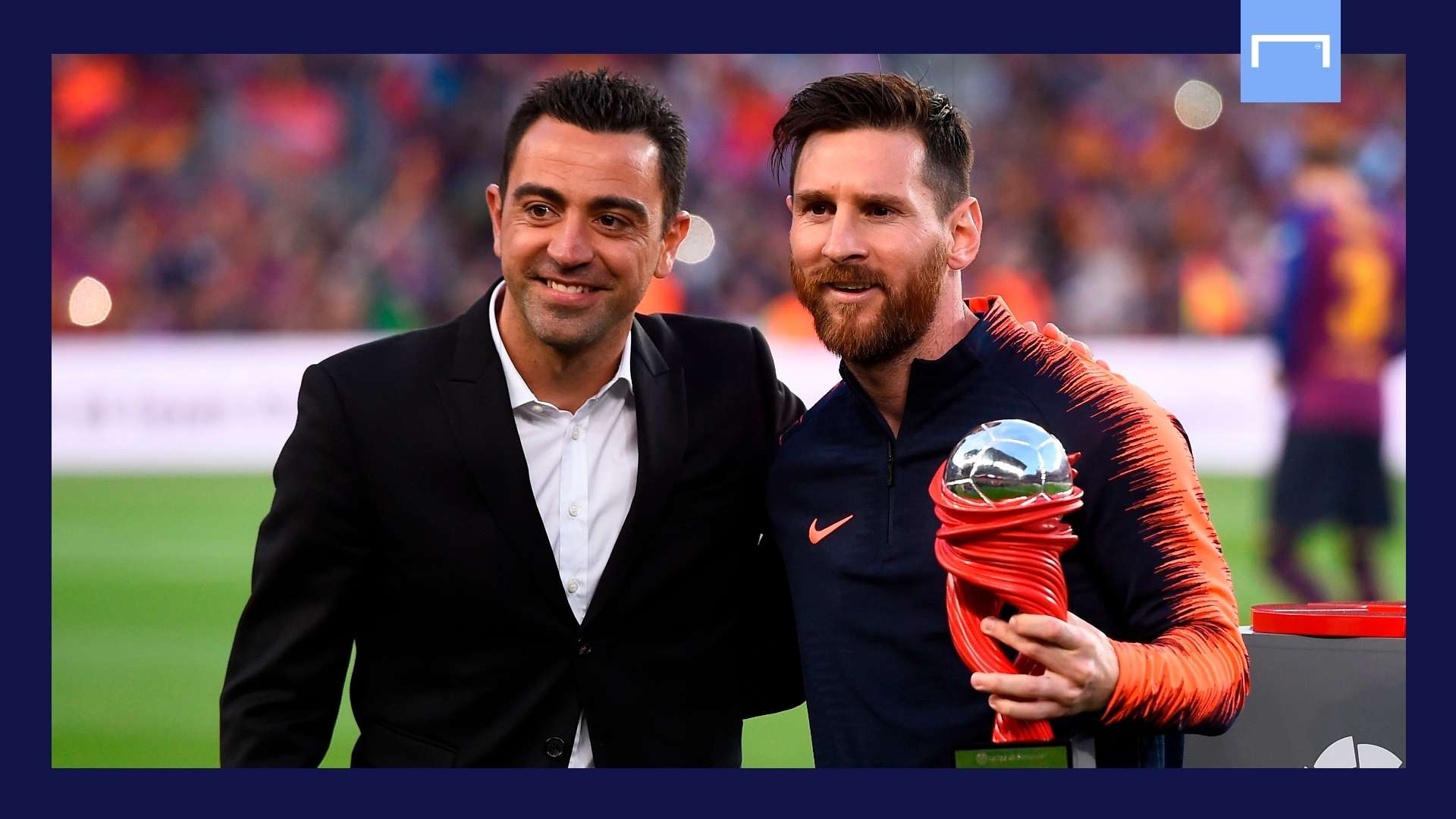 Getty/Goal
Getty/Goal
Koeman may be a legend in Catalunya but he was Bartomeu's last desperate roll of the dice and there is a widespread desire for a completely fresh start next summer.
Xavi is closely aligned with Victor Font, one of the early favourites in the presidential race along with Xavi Vilajoana, Toni Freixa and, should he run, Joan Laporta, but the 40-year-old would be the preferred choice of nearly all of the candidates, particularly with Guardiola's dream return now out of the question.
Xavi may represent the most successful Barcelona side in history but he is also viewed as a symbol of the future.
However, while he might be on great terms with Messi, convincing the forward that he can transform a struggling side into Champions League challengers without any serious investment is an onerous assignment.
A season of transition is far more likely, which is hardly an enticing prospect for someone who will be 34 when the 2021-22 season begins. Ultimately, as Guardiola pointed out, it will all hinge upon what's going on in Messi's mind.
Messi's state of mind
Atletico striker Suarez admitted earlier this week that he was worried about his former team-mate on a "human" level, and it's easy to understand why.
This whole affair is clearly troubling for an adopted Catalan, a man who has been living in Barcelona since he was 13 years of age. As he admitted to Goal, last summer's transfer saga, which he labelled a "brutal drama", took a heavy toll on him and his family.
However, he also made it clear that the only reason he backed down over his contractual dispute was his refusal to take the club he loves to court. Of course, his departure wouldn't be any less emotional, but all legal complications have now been removed.
Furthermore, while Bartomeu may be gone, the mess he created remains. Consequently, it will all come down to whether Messi deems the new administration capable of resolving Barca's many problems, on and off the field.
At the end of the day, all he wants is a strong team to play in. "I want to compete in the Champions League," he told Goal. "You can win or lose in it, because it is very difficult, but you have to compete."
Barca have won all four of their group games this term to reach the last 16, but that's par for the course: the Blaugrana have made the knockout stage for the past 17 seasons.
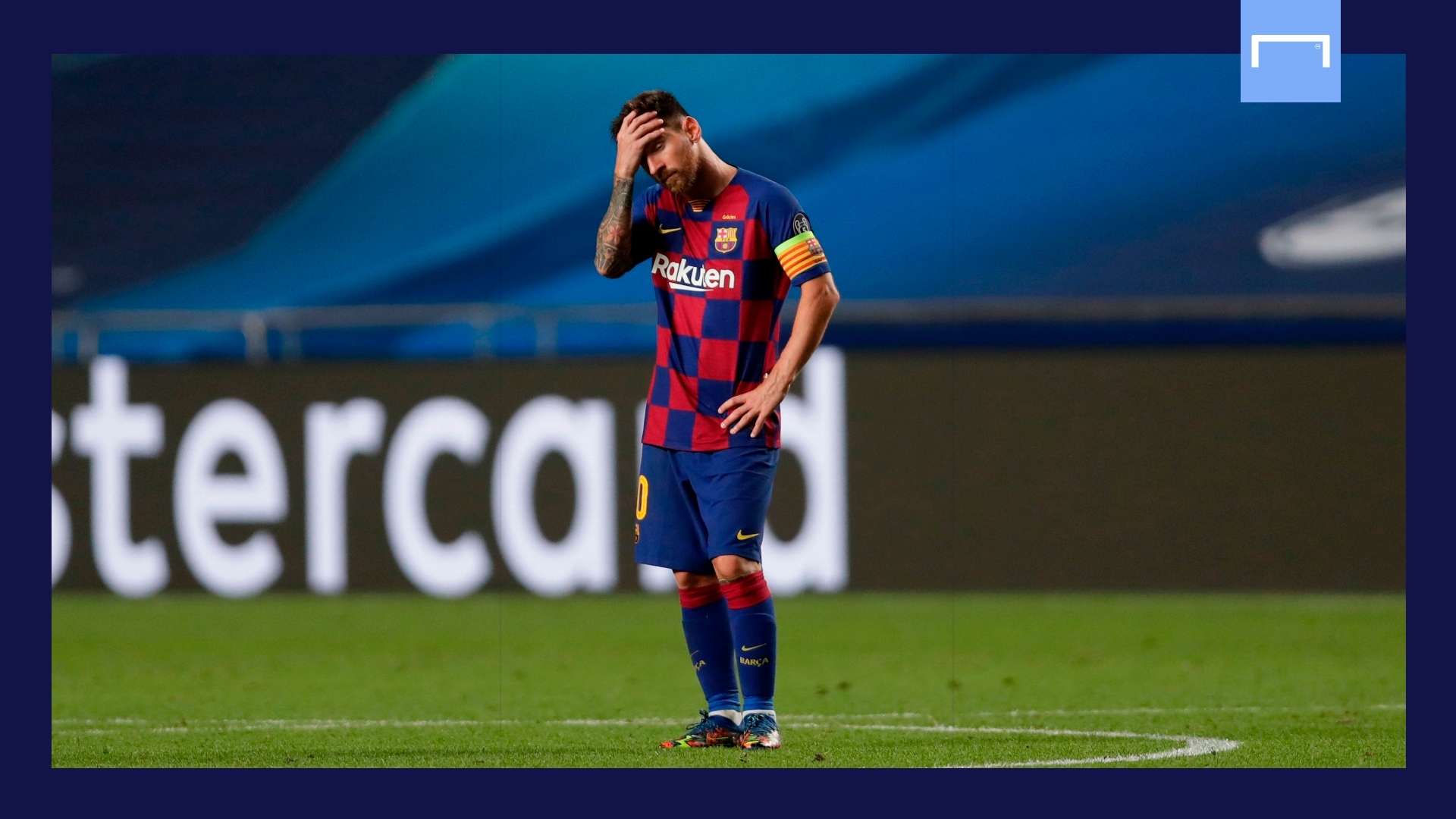 Getty Images
Getty Images
The key question is whether Koeman's side are potential winners and, on the basis of what we have seen so far, the current line-up doesn't appear any stronger than the one humiliated by Bayern Munich in the quarter-finals last season. If anything, it's weaker.
On the plus side, there is huge potential for growth. Barca possess some tremendously exciting young players in Ansu Fati, Frenkie de Jong, Pedri, Sergino Dest, Riqui Puig and Trincao but the squad lacks depth in key areas. Improving it will be difficult without significant investment.
Offloading Messi wouldn't come close to balancing the books at Barca but it would undoubtedly help lighten the load, and Messi is acutely aware of that. The last thing he wants to become is a burden to a club he has carried on his own for the past three years – and arguably longer.
He pushed for a transfer during the summer not only because he "needed it", but also because "the club needed it". He reasoned, "It was good for everyone."
And it probably still would be, because nothing has happened in the past two months to suggest that Messi and Barcelona would be better off staying together.
The stage is set, then, for a tense conclusion to this brutal drama. And a happy ending looks unlikely.
With additional reporting by Ignasi Oliva
